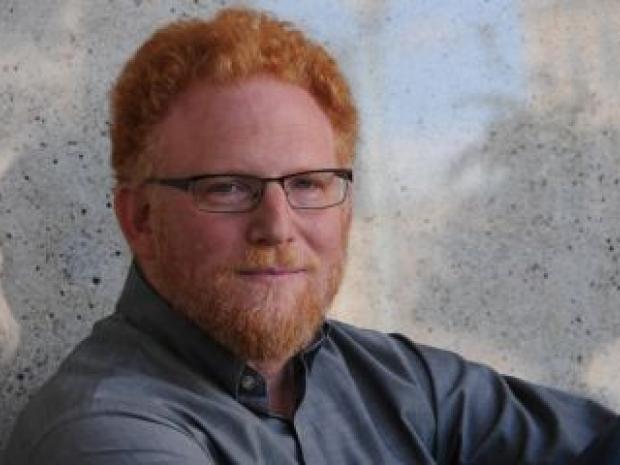Jonathan Soffer Book Event: Ed Koch and the Rebuilding of New York

“[Soffer] has written a precise and scrupulously honest, Marxian-inflected assessment of Koch’s mayoralty.”—Benjamin Schwarz, The Atlantic
“I hope you get him!” That’s how some New Yorkers responded when Dr. [USER:122|profilelink], NYU-Poly associate professor of history, said he was writing about Ed Koch, who made many enemies in his 12 years as mayor. His rough rhetoric—attacking his black and leftist opponents as “crazy,” “wackos,” and “poverty pimps”—prompted charges he was divisive, even racist. Sometimes they had good cause. But as Dr. Soffer argues, Koch’s in-your-face style has overshadowed his real accomplishment: bringing the city back from the brink of collapse.
Ed Koch himself will join Dr. Soffer at this event co-organized by New York University’s Robert F. Wagner Graduate School of Public Service.
Book Synopsis
In 1978, Ed Koch assumed control of a city plagued by filth, crime, bankruptcy, and racial tensions. By the end of his mayoral run in 1989 and despite the Wall Street crash of 1987, his administration had begun rebuilding neighborhoods and infrastructure. Unlike many American cities, Koch's New York was growing, not shrinking. Gentrification brought new businesses to neglected corners and converted low-end rental housing to coops and condos. Nevertheless, not all the changes were positive — AIDS, crime, homelessness, and violent racial conflict increased, marking a time of great, if somewhat uneven, transition.
For better or worse, Koch's efforts convinced many New Yorkers to embrace a new political order subsidizing business, particularly finance, insurance, and real estate, and privatizing public space. Each phase of the city's recovery required a difficult choice between moneyed interests and social services, forcing Koch to be both a moderate and a pragmatist as he tried to mitigate growing economic inequality. Throughout, Koch's rough rhetoric (attacking his opponents as "crazy," "wackos," and "radicals") prompted charges of being racially divisive. The first book to recast Koch's legacy through personal and mayoral papers, authorized interviews, and oral histories, this volume plots a history of New York City through two rarely studied yet crucial decades: the bankruptcy of the 1970s and the recovery and crash of the 1980s.

